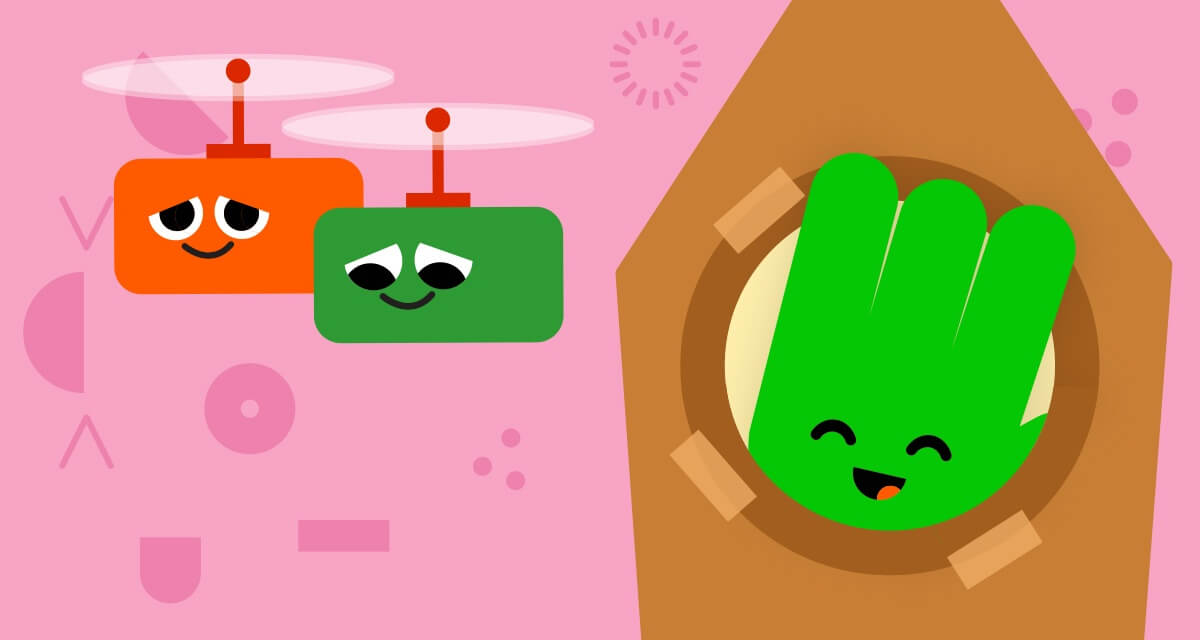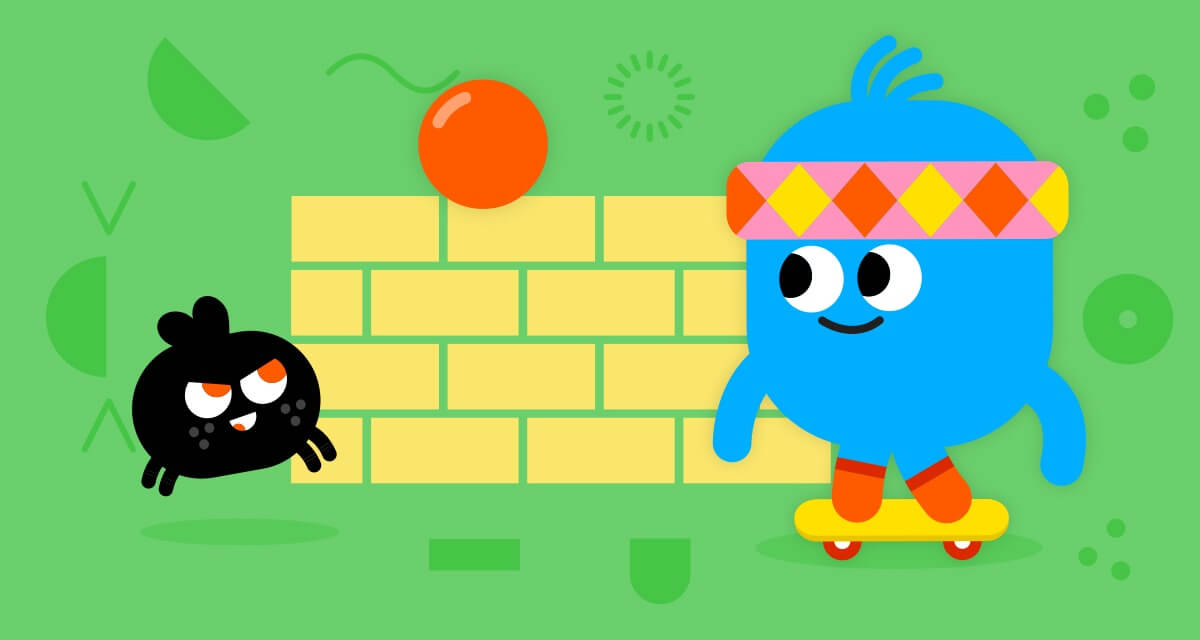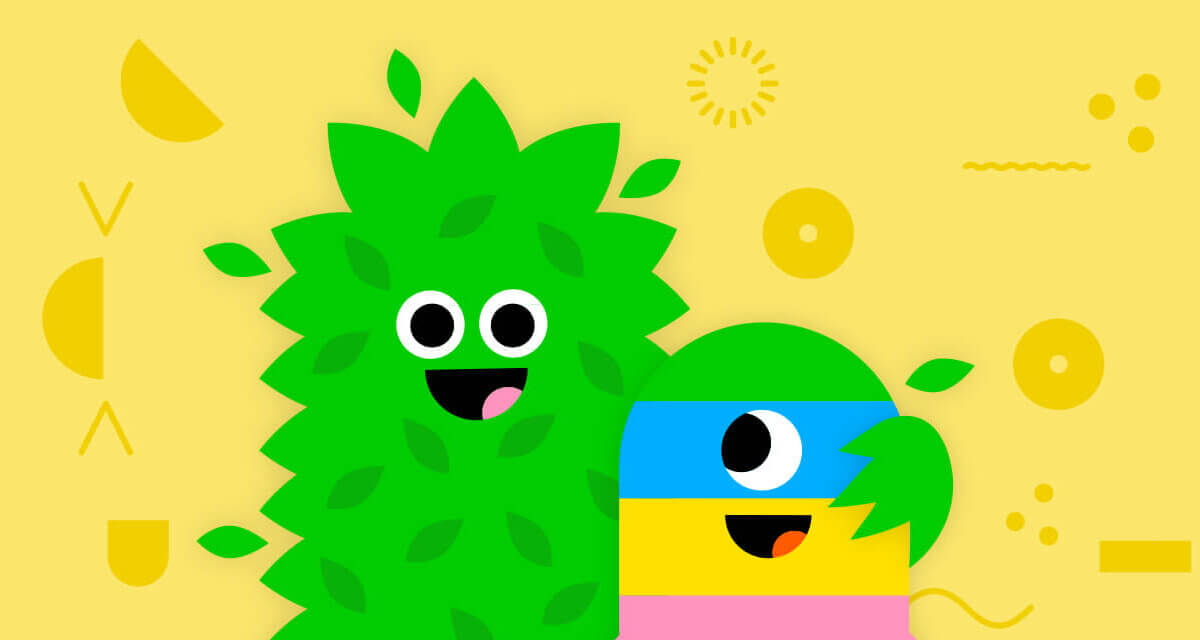It's tempting for adults to intervene, but kids can learn from minor disagreements during play.
- By
- Parker Barry
When kids run into conflicts during play, it’s normal for parents to want to step in and help solve the problem. But for the small stuff, it’s usually better if parents let kids work it out for themselves. During play:
- Kids learn to get along with one another and settle their disputes. If they don’t, playtime ends.
- Kids quickly learn to solve those disputes so that they can continue playing.
- They learn to negotiate what to play, how to play and the details of play so that everyone has fun.
Social play is usually self-regulating because the most important thing is for everyone to have fun. If someone’s not having fun, playtime ends. Kids don’t want that to happen, so they learn how to empathize with their playmates to keep play fun. In play, kids have to decide on the rules — who will be the teacher or what will we build? Kids have to figure out how to create win-win situations.
Empathy, argues evolutionary psychologist Peter Gray, Ph.D., is essential to living a happy life. “You can have a happy life without knowing how to read. You can have a happy life without knowing how to do things with numbers. You can’t have a happy life if you can’t empathize with other people. You can’t have a happy marriage. You can’t have good friends. You can’t get along with others at work if you can’t empathize with them,” he said.
Are there situations where it makes sense to intervene? Of course. But for most typically developing kids, the minor conflicts are things they can — and should — work out on their own.



